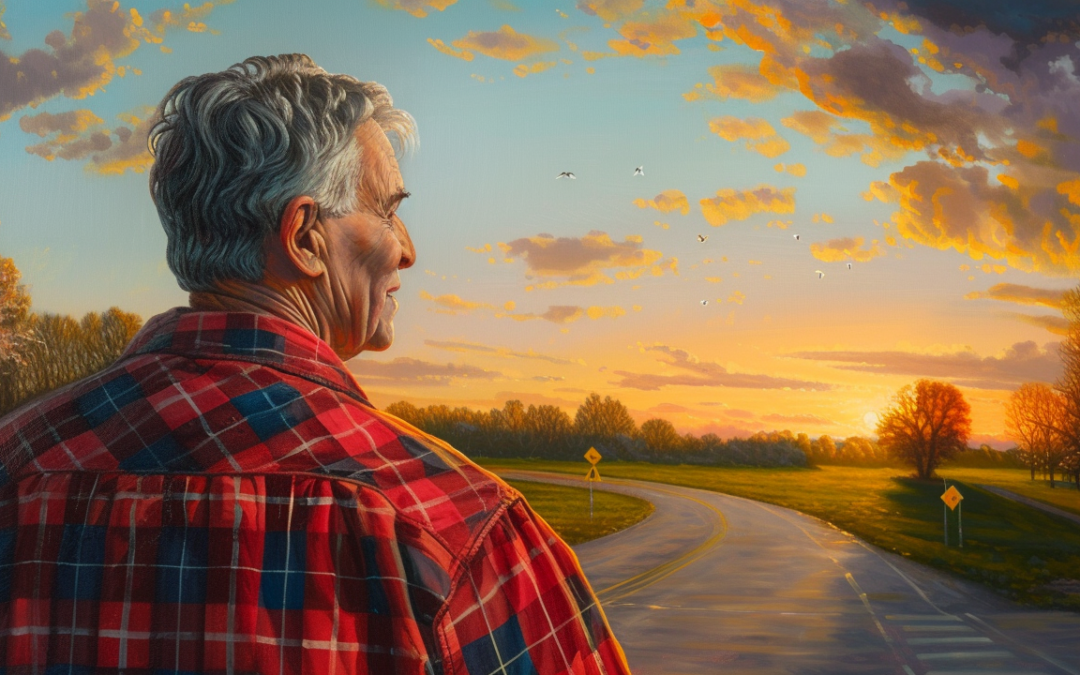
In the heart of South Carolina, cradled by the unwavering embrace of the Bible Belt, my story begins. My name is Joe Joe, born into the rigid doctrines of a Calvinist church, a world that felt more confining than sanctified. By the age of six, my family transitioned to another church, shrouded in tradition yet pulsating with growth, for reasons that remained a mystery to me.
From an early age, I was told I possessed a gift—an innate understanding of spiritual matters that seemed to transcend my youthful innocence. At nine, I heard a still small voice and knew who I was talking to. I welcomed Jesus into my heart, experiencing what felt like scales falling off my body. In that moment of divine whisper, I understood my calling. Approaching the altar, a transformation enveloped me; I encountered a spirit that radiated light, marking the beginning of my intimate dance with the spiritual realm. Yet, this gift, this sight into the unseen, became my cross to bear, drawing punishment rather than praise.
My teenage years were a tapestry of devotion, woven with threads of church, school, and a quest for belonging. The church became my refuge, a sanctuary where I plunged into the depths of the Bible, seeking answers, seeking myself. As high school unfolded, my spirit grew restless. The teachings that filled the church halls clashed with the whisperings of my heart, prompting a clandestine exploration of beliefs that lay beyond my Christian upbringing.
Employment as a janitor at fifteen marked the beginning of a struggle with self-worth, a battle against the gnawing fear of inherent evilness. This feeling, a shadow that trailed my every step, led me to praise God for sparing my unworthy soul. College offered a brief respite, a glimmer of hope that I was on the right path, yet the old fears returned, driving me back to the familiarity of janitorial work and retail, back to the search for redemption.
In this period of wandering, I encountered healing philosophies and practices, clinging to the hope that becoming a healer could reconcile my humanity with my spirituality. Yet, the path was fraught with pitfalls—addictions that ensnared me, a marriage strained by my inability to provide, and a deepening chasm of depression and suicidal thoughts.
It was in the darkest of nights that the light of realization dawned upon me. In the company of fellow souls at a rehab center, I discovered strength in vulnerability, power in the human spirit unchained by the need for divine intervention. This revelation was a beacon, guiding me through the tumult of returning to old ways, through the heartache of separation from my wife.
In the solitude of a friend’s kindness, a question whispered by that still, small voice shattered my world: “Do babies go to hell?” This inquiry unraveled the tightly wound doctrines of my upbringing, propelling me on a journey through “Healing the Shame that Binds You,” where I found solace in my humanity, in the intrinsic goodness of simply being.
My quest for answers led me to “The Body Keeps the Score,” a tome that illuminated the path to self-discovery. Reconciliation with my wife marked a new chapter, one of healing, understanding, and relentless pursuit of truth. The deconstruction community, while a beacon of freedom, cast shadows of doubt on my spiritual journey, yet I emerged from the spiral of shame with a profound realization: Truth resides in fragments scattered across the tapestry of beliefs.
Today, I stand at the crossroads of faith and doubt, embracing reincarnation, acknowledging Jesus not as deity but as a guide, a soul advanced along the path of enlightenment. My journey has taught me the beauty of uncertainty, the grace of being wrong, and the liberation of discovering my authentic self.
In the end, my story is not one of abandonment but of transformation—a testament to the resilience of the human spirit, seeking, questioning, and ultimately finding peace in the mosaic of existence.
